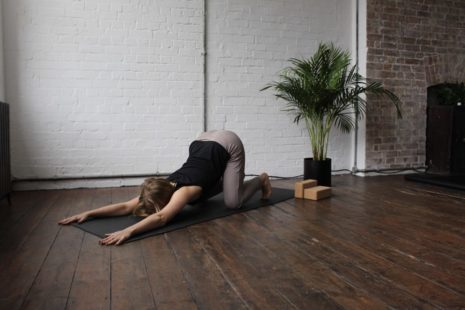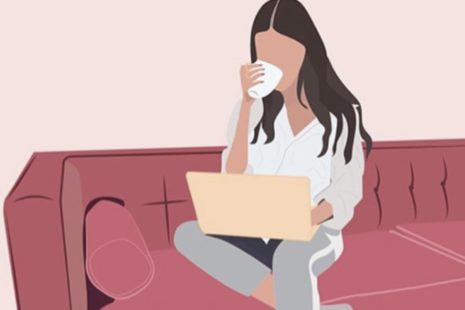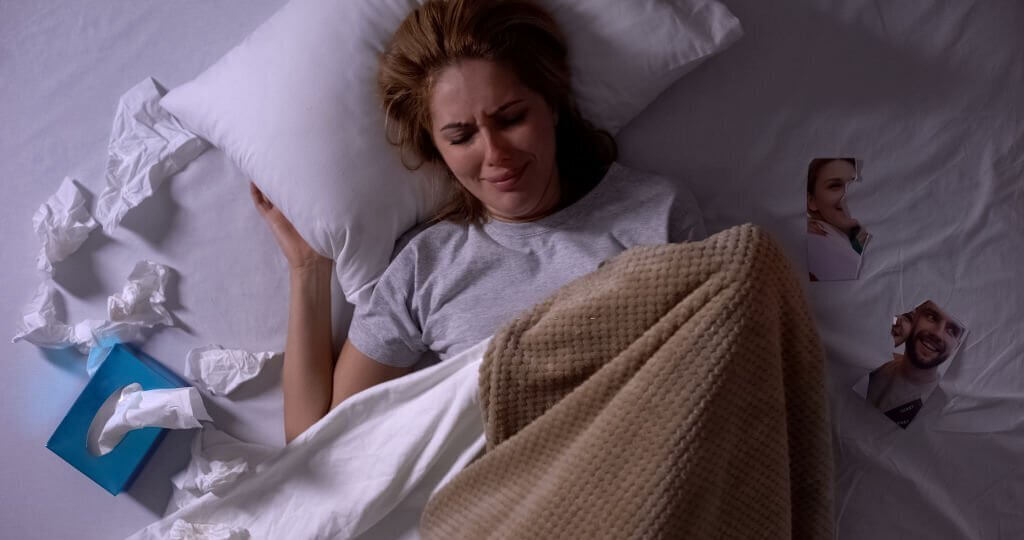Therapy is becoming as important as our morning spin class and a preventative way to take care of our health. We speak to those on the couch and the experts themselves about why everyone should have a therapist…
28% of the UK’s population sought help for therapy in 2014 and this number is only on the rise. According to NHS stats for 2017, 1.4 million people were referred for mental health therapy, whilst Mental Health charity Mind and The Mental Health Foundation both state that 1 in 8 people receive some kind of treatment for mental health.
Women are most likely to opt for talking therapies, according to the Ipsos MORI poll for the British Association for Counselling and Psychotherapy (BACP), while those aged between 35 and 44 are the biggest users.
Kayleigh O’Connor, founder of Good Grief, Transformation Life Coach and Trainee Counsellor says: “I think there is still a misconception that going to therapy means that you are ‘broken’ in some way, which just isn’t true. None of us are broken in any way, so we cannot ‘be fixed’. In fact, therapists cannot do anything for us or make us do anything, we simply take what we need from a therapy session and that’s why I think it’s something we can all benefit from.
Physical Health Vs Mental Health
In the same way that many of us have a routine for our physical health practice, therapy can be a part of our everyday mental health practice, or it can be there for when we are going through one of many of life’s hurdles. In any case, “there’s nothing wrong about seeking help” says O’Connor.
She comments “So many of us focus our wellbeing efforts on our physical health practice, and forget to offer the same focus to our mental health practice. Delving into our internal wellness can be frightening and so the thought of doing mindfulness or seeing a therapist can feel inaccessible. But therapy offers a safe space with a qualified person, which can help you to understand what you need and want from your mental health practice going forward.”
Find the Therapist For You
What will work for one person may not work for another. O’Connor suggests treating our mental health practice a bit like a “pic ‘n’ mix”, by trying different therapies, coaches and services to see what works best for us as an individual.
Carol Murdoch, a business owner and therapy user, admits that she was on “track for a heart attack by 40 with the amount of stress” she was placing on herself and therapy was her saviour. She has it every week and says “it has helped me learn how to manage myself and my moods and motivations. I have had therapists in the past where it really did feel a chore, and they weren’t even weekly. This weekly therapist is all about moving forward and building real strategies that help support me and therefore my business, not just raking over the past”.
Less of a stigma
Carol says “I feel there is a lot less stigma now compared to when I started seeing a therapist around 15 years ago. Back then I didn’t tell anyone I was going to therapy, for fear of their reaction. Now I am out and proud about it! I find myself sat talking about it over dinner with friends, and they can see the difference it makes to me. Friends I have known for years only now talk to how long they have seen therapists, sometimes for years and all that time keeping it a secret”.
Abbey Robb, Integrative Therapist says “I think there’s definitely less stigma around accessing therapy these days. The idea that you only went to therapy if there was ‘something seriously wrong with you’ is no longer so prevalent and as a society we have a much greater understanding about the risks of not attending to our mental health.
The movement in workplaces towards providing counselling and other mental health services has also really helped to shift stigma, if it’s something that can be discussed within workplaces I think it’s clear that we have come a long way”.

A preventative way to care for our health
For Carol, therapy has been a “great way of preventing health problems, both physical and mental”.
“I used to be the person that would work so hard that I would end up very ill. I was in pain daily thanks to a joint condition and would struggle. But now, we work on strategies to manage my workaholic tendencies. This means I am no longer working myself into the ground and can recognise the signals when I am. It has also greatly reduced my anxiety, reducing my need for medication. I am no longer in pain daily, despite having the same joint condition. I am fitter, happier and healthier overall now. Not only that, it has supported me in really helping my business flourish, despite the pandemic!”
Abbey Robb says: “Therapy is definitely a preventative way of taking care of our health. When we are stressed and anxious our bodies produce large amounts of stress hormones, which left unchecked can lead to higher risks of a wide range of physical health problems including heart disease and diabetes.
Further to this, if we don’t stay on top of our mental health and learn healthy and functional ways of dealing with the inevitable issues that crop up in life we run the risk of ending up with mental health issues. It’s far easier, and better, to learn tools and techniques and healthy communication and attributional styles when issues are small, rather than waiting until they pile up and everything feels unmanageable”.
Therapy on the rise during lockdown
Robb says that she has seen an ebb and flow of enquiries during lockdown, “I’d say that now things have stretched on for a long time that there’s definitely been an increase in enquiries because I think people have had some time to slow down and think and realise that they want or need to make some changes in their lives. The high levels of stress that have accompanied the pandemic have pushed a lot of people out of their ability to cope as well, so many people are now looking for new ways to manage their stress and build resilience”.
How much does therapy cost?
The costs of therapy vary greatly from location to location and between different types of therapy. Abbey Robb charges £85 per hour which she says is about average for the type of therapy that she offers in her area (London) but counsellors generally charge a lot less per hour.
Get your weekly DOSE fix here: SIGN UP FOR OUR NEWSLETTER
















